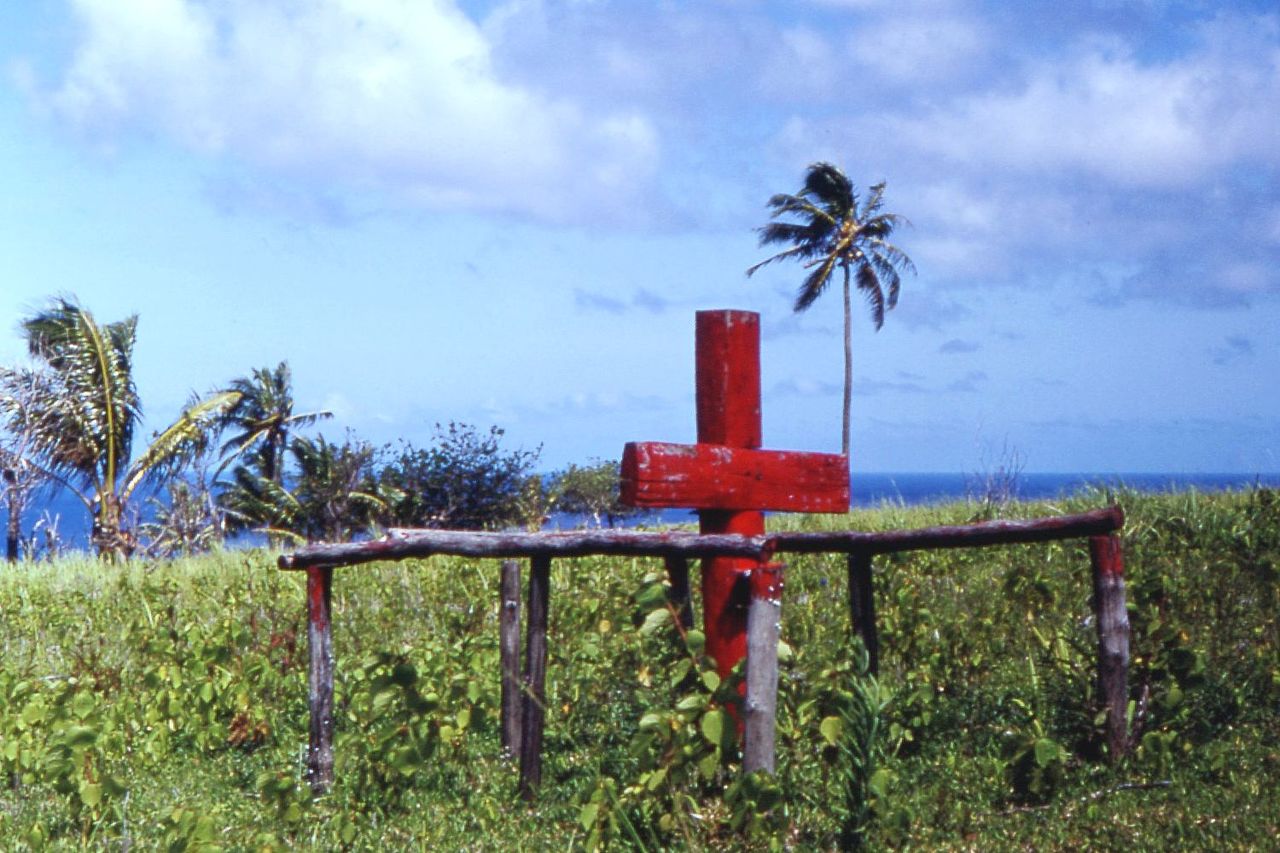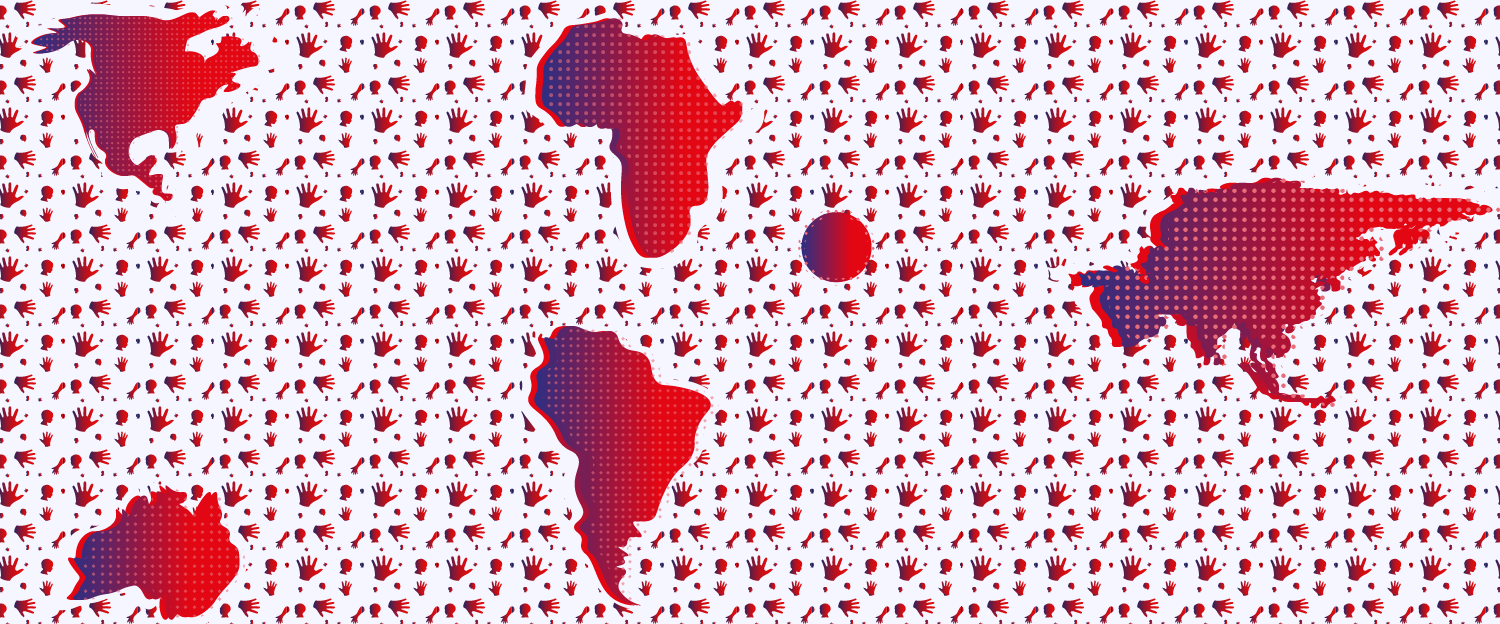My presentation examined textual and visual representations of Melanesian Cargo Cults during the twentieth century, highlighting how the production of knowledge about Cargo Cults by anthropologists and others was sealed off from overlapping contexts of colonialism, capitalism and racism. The presentation focused on how these representations of Cargo cults were structured by a Western conception of rationality that, while abstractly premised upon the psychic unity of humankind, in practice engendered the active denigration of black voices and experiences. I concentrated on two accounts in particular: Francis Edgar Williams’ ethnographic account of the so-called Valaila Madness (1923) and David Attenborough’s representation of the followers of John Frum in the BBC film, The People of Paradise: A Journey through the South Seas (1960).
The construction of various structures including buildings but also flagpoles said to be for communicating with the dead, and which were said by observers to imitate radio masts or transmitters, was a key example used by Western observers to assert the irrationality of the cults and by extension, to delegitimise them.The millenarian expectations of the “cultists” included the return of the ancestors, the delivery of varied forms of “cargo” to locals and an end to colonial rule. The construction of various structures including buildings but also flagpoles said to be for communicating with the dead, and which were said by observers to imitate radio masts or transmitters, was a key example used by Western observers to assert the irrationality of the cults and by extension, to delegitimise them. The radio masts were, by the standards of the Western notion of rationality, evidence that the cultists had failed to distinguish two kinds of action: on the one hand, purposeful, instrumental action and on the other, symbolic, ritual action. The Western reconstruction of Melanesian thought envisioned a Melanesian mind enmeshed in mystical rather than real causalities, where imitation could produce real results.
It might be inquired as to whether judging Melanesians by standards derived from a different culture, is fair or reasonable. Pursuing that line of questioning would lead to a debate about relativism. Relativists argue that reality is not independent of its articulation in either language or culture, and it is an argument with some pedigree in anthropology. If they are right, then there is no standpoint from which to assert that some actions are instrumental and some symbolic, because there is no singular reality to which the Western sciences have privileged access. Instead, the Cargo cults need to be understood within the terms of Melanesian culture, not Western culture. Nevertheless, as reasonable as this sounds, the relativist argument that there are no standpoints outside culture or language is perhaps surprisingly undone by the fact that relativism itself somehow provides just such a space.
It can also be argued – as I tried to do in my presentation and in debt to the excellent work of Andrew Lattas – that the radio masts could be understood as evidence not of irrationality but of bricolage and creativity, whereby local ritual technologies for communicating with the dead were blended together with Western communication technologies. Once posed in this way, the question about action became one of agency and power rather than one of rationality. This was of a piece with my main point which was to argue that scientific-anthropological knowledge about Cargo cults gained much of its currency and aura of objectivity by denying the contexts of its own production. A decolonial anthropology of Cargo cults would be co-produced with anthropologists and local co-researchers working together, in a research free from political domination and economic exploitation and marked by epistemological and ontological openness.




Rate and Review
Rate this video
Review this video
Log into OpenLearn to leave reviews and join in the conversation.
Video reviews